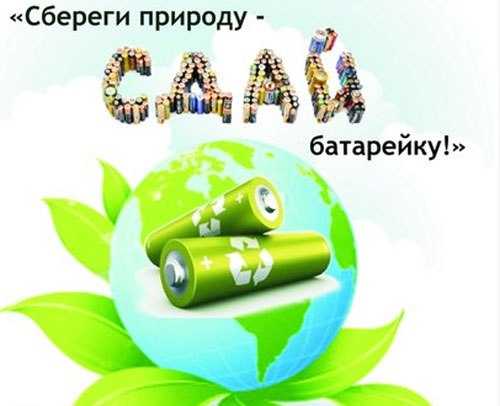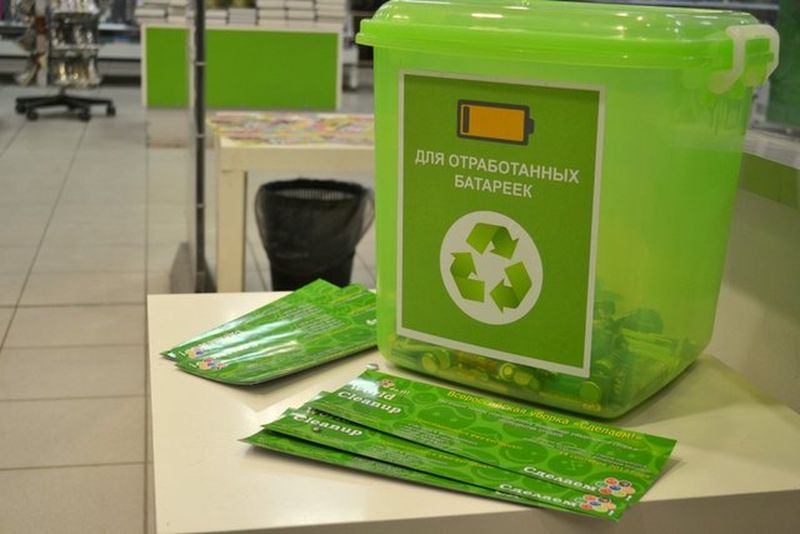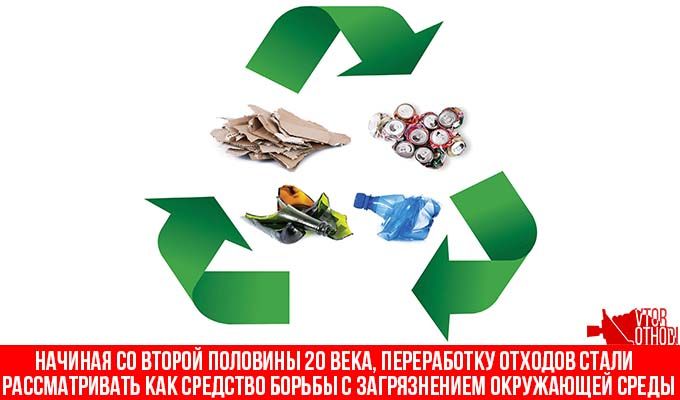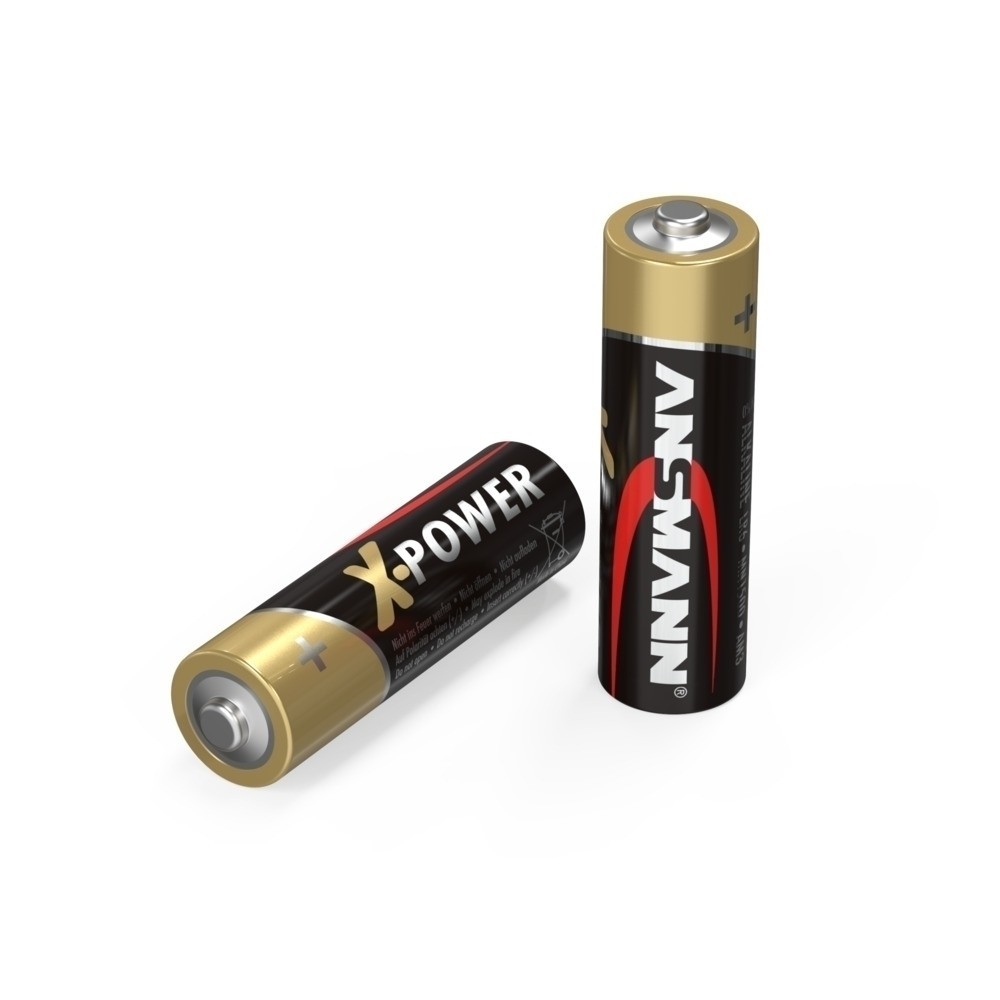How batteries are recycled
Considering that the most affordable power source today is batteries, it becomes clear why they are so widely used. Almost any electronic equipment can operate not only from the mains, but also from these batteries. They must be disposed of in accordance with certain rules and regulations. If you look closely, the body of each battery is decorated with a symbol that informs us that they cannot be thrown away with regular trash.
The content of the article
Why you shouldn't throw away batteries like regular trash
In order not to engage in a thankless task and not to shake the air for the thousandth time with instructions that littering on the streets is bad, and even more so, throwing out used batteries in the trash - let’s disassemble them into their components. Naturally, not in the literal sense, but let’s see what metals and chemicals are used for their production and which of this entire set is completely harmless:
- Zinc. If by chance a person is poisoned with zinc, this may well provoke a disruption of cardiac performance, as well as the blood supply system. Pulmonary edema is also quite likely.
- Cadmium and nickel. These substances, having penetrated into the human body, cause cancerous tumors, disrupt the functioning of the lungs and kidneys, and lead to curvature of the spine.
- Cobalt. If a lot of this substance accumulates in the body, then it is possible that the thyroid gland will increase in size, allergies will arise, dermatitis will appear, and the functioning of the heart will be impaired.
- Lead. This metal settles in the bones, brain, kidneys and liver. This proximity of our body to this substance is not at all beneficial.
- Mercury. The easiest way to get poisoned is mercury. Its action has a detrimental effect on us, and often leads to death.
Of all the outrages used in production, lithium can be called the most harmless. But it has the strange property of spontaneously igniting when in contact with oxygen. This is why lithium-based batteries also require proper disposal.
The substances from batteries are also harmful to our native nature. The surface of the battery case will soon collapse while lying in a landfill, and all the contents will fall into the soil. If garbage is burned in landfills, then nothing ends up in the soil, but ends up in the air. After this, everything penetrates into rivers and other water bodies, one way or another, affecting those organisms that live in the aquatic environment. Well, not only birds and animals will breathe poisoned air, but also ourselves.
Where do you get batteries?
It’s clear that batteries cannot be thrown away with regular trash, so where should they go? It’s not like making a collection at home. Unfortunately, not all cities in Russia have acquired specialized collection points for old batteries. It would be better to set aside a separate container for the batteries, collect them there and then take them out for proper disposal.
Reception points
In large cities of our country there are already special points where you can donate all the batteries accumulated over a long time. Reception is usually carried out by commercial organizations, but very often such activities are carried out by activists of environmental organizations. If you hand over a hundred or more batteries, they pay you money for them, which is very pleasing.
Large chain stores
Owners of large chain stores also contribute to environmental protection. It is for this reason that most of these retail outlets have installed special bins for collecting used batteries. It’s very convenient and practical, however, no one will pay anything for it. Similar bins are available in the following stores:
- "El Dorado";
- IKEA;
- Media Markt;
- Globus.
All of these hypermarkets have recycling areas. But everything happens in this life. The promotion may be temporarily stopped, containers may be closed. It's always better to call ahead.
If there are no reception centers nearby
It is clear that not every locality in our vast Motherland has the opportunity to equip a collection point for used batteries. Therefore, not every person, even if puzzled by environmental problems, can properly dispose of used batteries.
But this problem can also be solved:
- Typically, business trips from rural areas to the city are planned well in advance. The presence of an equipped collection point in the nearest large city allows you to collect all the accumulated batteries and dispose of them at once. You can even convince your neighbors to bring them to the checkpoint if they are planning to go.Naturally, before you go on a trip, you should agree with the receivers about when they work and whether it is possible to hand over the used elements.
- You can also organize a battery collection point in your village on your own, but to do this you will need to obtain the appropriate license.
- It is quite possible to apply for disposal to the nearest Ministry of Emergency Situations. They have licenses for almost all occasions. But such services are not among their immediate responsibilities, so it is possible that they may refuse.
- You can call directly the organization that disposes of such waste and have them send a car. But for this, the volume of material to be submitted must be very large for them to agree to come.
This leads to the conclusion that for people who are geographically located far from battery collection points, the question of how to dispose of them remains open; everyone has to decide for themselves what to do.
How is waste batteries recycled in our country?
Until recently, there were no specialized points in our country where it was possible to hand over used batteries. In recent years, such places have begun to be created. Accepted batteries are taken from the public and sent for recycling. All raw materials extracted from them acquire a “second life”.
Unfortunately, so far only one enterprise in Russia carries out such activities. This is the Megapolisresurs plant located in Chelyabinsk. It installs its containers in all electronics hypermarkets that have signed a recycling agreement. Very often, such reception centers are created with the help of social movements.
The Chelyabinsk plant is one of the largest in our country that is engaged in processing. The plant was created back in 2005, but it began to engage in recycling and recycling nine years later, in 2013.
To begin to carry out this type of activity, management reviewed and reorganized the processing technology that was used previously. According to the developers, they now successfully recycle about eighty percent of waste. This indicator successfully competes even with the indicators of other countries.
For example, this exceeds the recycling success rate of a country like Germany by twenty percent. The plant's management has already concluded agreements with most large chain stores in our country. There are collection points from the plant in almost twenty-four cities of Russia; in other places there are their containers.
All these measures made it possible to adopt and rework in 2013:
- waste from photographic production - one million tons;
- old electronic equipment - five hundred tons;
- batteries - three tons.
But the plant did not stop its development at this stage. In 2014, they were able to attract additional investments in the amount of more than five hundred million rubles. Using these funds, they purchased and launched a new, separate line, which will carry out a full battery recycling course.
In our country there are many public organizations and movements whose activities are also related to maintaining a favorable environmental situation.They organize collection points and install separate trash cans in courtyards for used batteries.
Everything assembled is transported to the factory. And no one and nothing prohibits an individual citizen from putting a simple box in his own entrance into which all residents will throw out their used batteries.
The opening of a recycling plant in Chelyabinsk made it possible to some extent solve the problem of proper disposal of spent elements. But one such plant is extremely insufficient for our entire country. However, this drop in the ocean gave rise to hope that things have moved forward, and at least partially the old batteries can be given a second life for household needs.
Main stages of processing:
- workers manually sort all products according to their types;
- along the conveyor, all batteries fall into a device that shreds them;
- then everything goes to another conveyor that has magnetic properties, thus separating large pieces remaining from the body;
- everything that remains is re-crushed and iron is released from the entire mass;
- since the resulting material contains a lot of electrolyte, it is neutralized;
- Upon completion of the entire complex of work, the raw materials are distributed according to the type of components and packaged.
Not every battery is sent to a recycling plant. Many of them will end up at specialized testing sites. And how many more were thrown into ordinary garbage containers, from where they were taken to city landfills. Organizing commercial enterprises that will engage in processing at this stage is difficult and unprofitable, since this industry is not sufficiently developed. Such types of activities should be supported at the state level.
How to dispose of it abroad
In the European Union, they simply do not think about the question of where and how to dispose of batteries. Each store and institution is equipped with special bins. When selling batteries, there is initially a small premium on them, which takes into account further disposal.
In order for customers to receive a certain discount, they need to bring used batteries to the store. There are about forty recycling centers throughout Europe, where about forty-five percent of all failed batteries are recycled.
In America, all stores that sell electronics accept used products. The sellers themselves must do this. Manufacturers finance all processing procedures. Every year in America, about sixty percent of batteries are recycled.
The Japanese are not yet engaged in any processing, since they spend all their time creating the most effective and advanced technology. In the meantime, the batteries are stored and special safety measures have been developed to ensure their integrity.
The recycling business is best organized in Australia. About eighty percent of batteries are reused there. And what they themselves are not able to process is exported to Europe.
The damage that batteries cause to the environment is undeniable and very great. This has led to more and more businessmen expressing a desire to master this field of activity. But in our country the ground is completely unprepared for such activities, and the state does not finance such undertakings.





